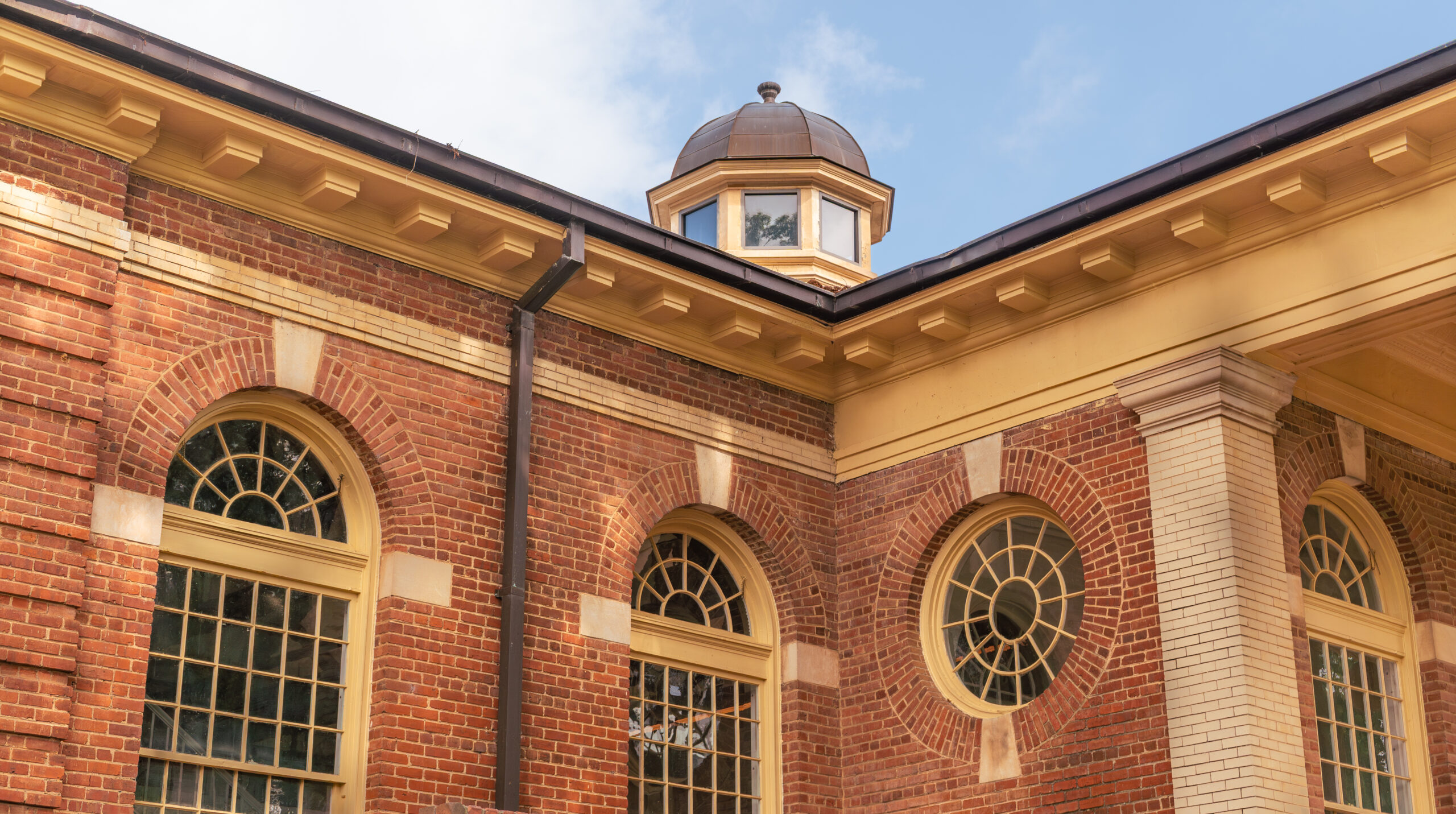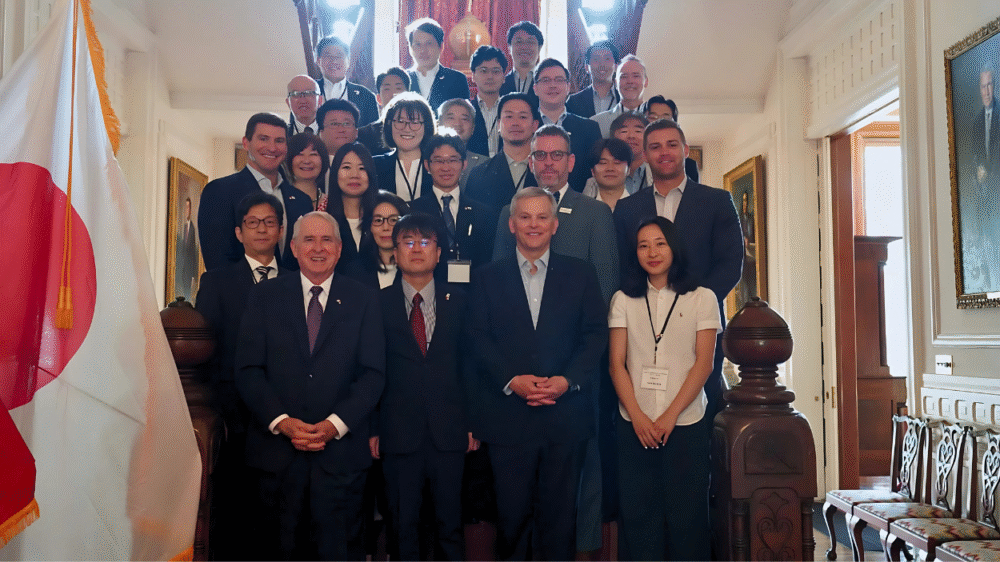NC State Prague Supports Ukrainian Refugees
According to the UN and UNICEF figures, the number of Ukrainians who fled their country has reached more than 6.3 million people since the start of the conflict. They traveled to European border countries such as Poland, Slovakia, and the rest of the continent, including the Czech Republic. When the conflict broke out at the end of February, the influx of Ukrainian refugees, mainly women and children, started coming to Prague. The NC State European Center in Prague was holding its Classic Spring program at the time with 38 students. The director, Kim Strozewski, recalls “we started to think of possible volunteer opportunities for our students and how to support Ukrainian students who fled their country.”
Understanding the Conflict and Offering Immediate Help
NC State Prague students were concerned about the program and whether the conflict would affect it. Jiři Koubek, an NC State Prague instructor of European Politics, held a special lecture to shed light on the history of Ukraine and geopolitical issues surrounding the conflict. Since the program was not at capacity, one immediate way NC State Prague could help was to house Ukrainian students in some of the extra rooms in the NC State residence. After consulting the spring students, NC State Prague listed the available accommodation on the Dům Zahraniční Spolupráce (DZS)’s platform. The DZS, the Czech National Agency for International Education, is a governmental organization under the Ministry of Education. Several Ukrainian students were able to move into the residence immediately.
NC State Prague Holds Intensive Czech Language Classes
During this time, a suggestion came from the Association of American University Programs (AAUP), an association that NC State Prague is part of, to offer Czech integration courses for Ukrainian women. One member of this organization, CET Academic Programs, proposed the initiative and asked members to contribute lecturers, space, or donations for the program. NC State Prague hosted one of the first week-long intensive Czech language courses as most of the Spring students were on spring break and extra classroom space was available. The Spring Break Research program led by Holly Hulburt, Ass’t Dean & Director, Academic Enrichment Programs, Professor of History and Catherine Showalter, Associate Director of the Office of Undergraduate Research, had a participant who was originally from Ukraine. The student helped NC State Prague staff welcome the group and translated the introduction. The Ukrainian women, mainly from the eastern part of the country, held various occupations, including music teacher, dentist and interior designer, among others. Kim Strozewski remembers, “one was particularly interested in our many design books as she was an interior designer and had to leave her library behind. We let her borrow as many books as she wanted from us.”
A Children’s Corner Run By Student Volunteers
Women needed to leave their children home to attend the Czech class since most children had not yet joined a local school or daycare. AAUP then decided to provide a children’s corner to help parents needing child care. NC State Prague’s courtyard and student lounge transformed into a children’s corner for three hours daily. Students from Prague’s study abroad programs, part of the consortium, volunteered to help. Ukrainian refugees also joined and helped bridge the language barrier. The mother of a former NC State Prague employee from Ukraine came to assist, too. NC State Prague’s Czech language teacher, Lenka Davidsonová, wanted to get involved and taught an entire weekly course and several classes.
NC State Prague Students Volunteer
NC State Prague spring students had many opportunities to volunteer. Maryssa Almasy and Jillian Tyler, both graphic design majors, and their friends visiting Prague on spring break volunteered to cook a three-course meal for all the course participants. When the semester resumed after spring break, students had many ways to help. While in the cooking class, students cooked extra cakes and cookies for the course participants. Students who did not have classes in the afternoon signed up to watch the children. After two intense months, children started attending local schools, refugees found employment, and the Czech class was no longer needed.
NC State Prague’s Help Continues
If the need to house refugees continues and space is available, Ukrainian students will stay in the NC State Prague residence. As the war is extending, Kim Strozewski is looking into a long-term opportunity, “We also would like to offer a position as a student housing assistant to a Ukrainian student in the fall if we can find a candidate who is fluent in English,” she said. As much as possible, NC State Prague tries to inform the on-site students about the situation and the ongoing conflict. In the summer semester, students had the opportunity to attend a cultural event run by a local refugee organization InBaze that offers courses on traditional Roma dance by a Ukrainian Roma refugee.


